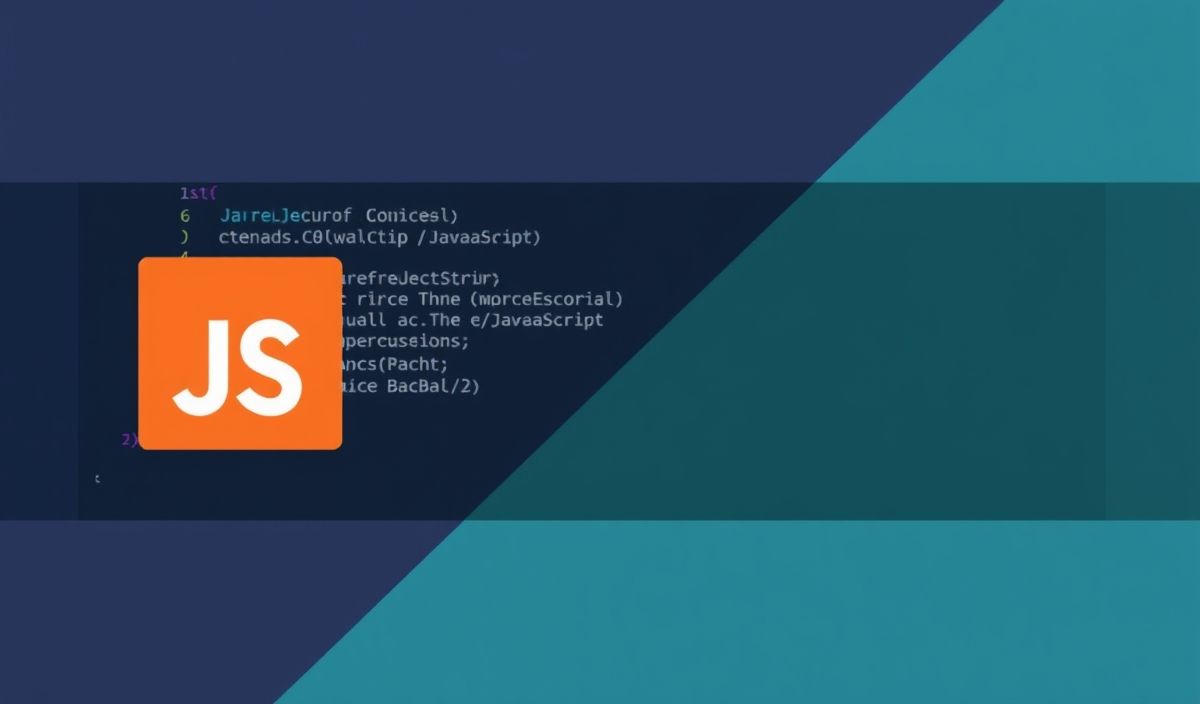Introduction to Generator Babel
Generator Babel is a powerful JavaScript transpiler that allows you to write modern JavaScript code and converts it to a version that is compatible with current and older environments. It comes equipped with a wide range of APIs that make JavaScript development more efficient and future-proof.
Useful APIs of Generator Babel with Examples
Here are some of the most commonly used APIs in Generator Babel, accompanied by code snippets to demonstrate their usage:
1. Presets
Babel presets are a set of plugins that determine what transformations need to be applied to your code.
{
"presets": ["@babel/preset-env"]
}
2. Plugins
Plugins in Babel allow you to use specific transformations in your code. For example, here is how you would use the plugin for transforming arrow functions:
{
"plugins": ["@babel/plugin-transform-arrow-functions"]
}
3. Babel Configuration File
Babel uses a configuration file (.babelrc) to specify presets and plugins. Here’s an example:
{
"presets": ["@babel/preset-env"],
"plugins": ["@babel/plugin-transform-runtime"]
}
4. Transformations
Babel can transform ES6 classes into ES5 constructor functions. Below is an example of ES6 class transformation:
ES6 Class
class Person {
constructor(name) {
this.name = name;
}
introduce() {
console.log(`Hello, my name is ${this.name}`);
}
}
ES5 Transformation
"use strict";
function _classCallCheck(instance, Constructor) {
if (!(instance instanceof Constructor)) {
throw new TypeError("Cannot call a class as a function");
}
}
var Person = function Person(name) {
_classCallCheck(this, Person);
this.name = name;
};
Person.prototype.introduce = function introduce() {
console.log("Hello, my name is " + this.name);
};
An Application Example using Generator Babel APIs
Let’s create a small application that showcases the use of various Babel APIs to convert modern JavaScript to a version compatible with older browsers:
Project Structure
├── src │ └── app.js ├── .babelrc └── package.json
app.js
import '@babel/polyfill';
class User {
constructor(name) {
this.name = name;
}
greet() {
console.log(`Hello, ${this.name}`);
}
}
const user = new User('Alice');
user.greet(); // Output: Hello, Alice
.babelrc
{
"presets": ["@babel/preset-env"],
"plugins": ["@babel/plugin-transform-runtime"]
}
package.json
{
"name": "babel-demo",
"version": "1.0.0",
"scripts": {
"build": "babel src -d lib",
"start": "node lib/app.js"
},
"dependencies": {
"@babel/polyfill": "^7.12.1"
},
"devDependencies": {
"@babel/cli": "^7.12.1",
"@babel/core": "^7.12.3",
"@babel/plugin-transform-runtime": "^7.12.1",
"@babel/preset-env": "^7.12.1"
}
}
Conclusion
Generator Babel is an indispensable tool for modern JavaScript development. By understanding and leveraging its various APIs, you can write future-proof code while ensuring compatibility with a wide range of environments. This comprehensive guide should provide you with a solid foundation for using Generator Babel effectively in your projects.
Hash: 4f66d8b0a67c320dd48e486a7a9ce81d2d4a8ff5febf115e1cd2ebc30575c62f




